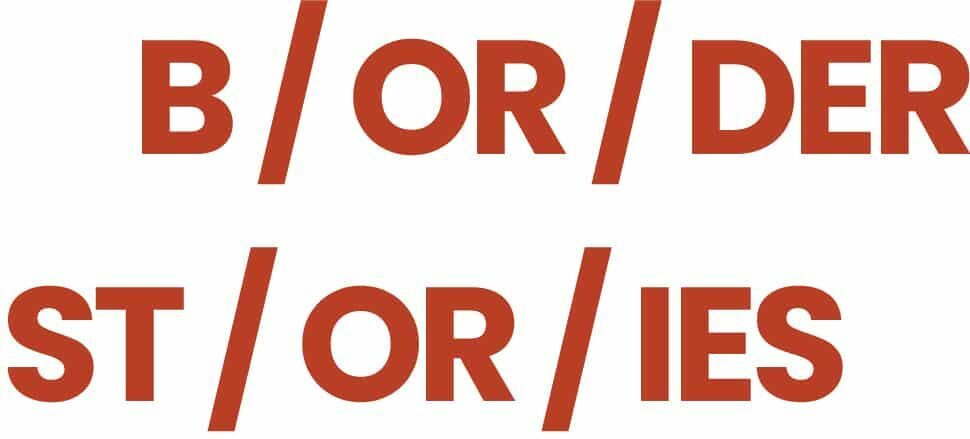Who owns the border?
On the ground, the new One Stop Border Posts are often viewed critically. Across Kenya, border residents complain that the new border posts threaten their livelihoods. In border towns where truckers used to have to wait several days for clearance, independent hotel and restaurant owners, shopkeepers and sex workers have benefited. For them, there are hardly any economic alternatives. The accelerated border traffic through digitalised border controls now leads to the loss of the main source of income for these local service providers. In addition, in some places the new border facilities prevent any contact with potential clients. In addition, in some places the new border facilities prevent any contact with potential clients.
Moreover, border guards are almost exclusively from other regions of the country and are perceived by locals as cultural and linguistic strangers. As a result, their entitlement to control the border is questioned.
"Those who benefit from the border are foreigners, not the people from here."
